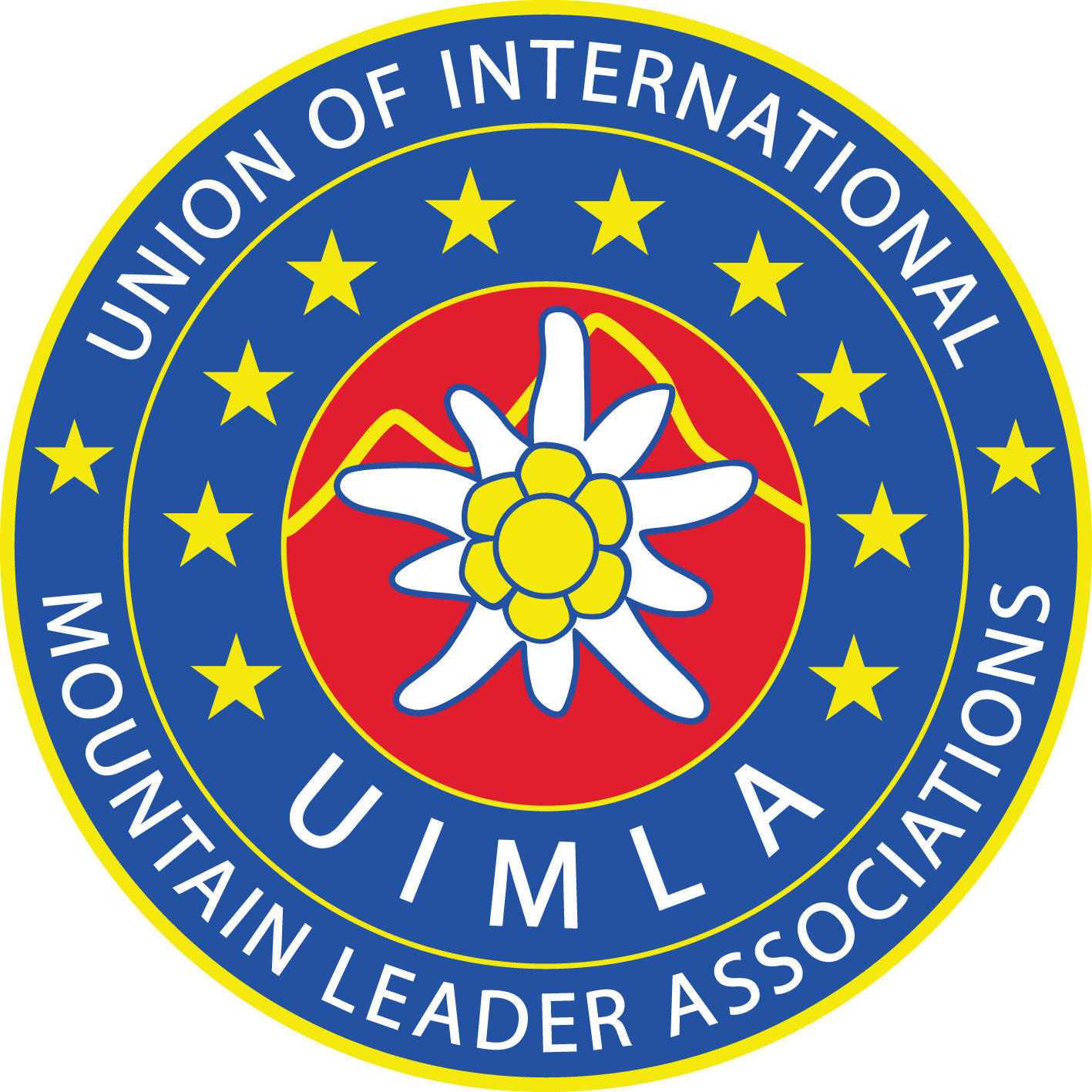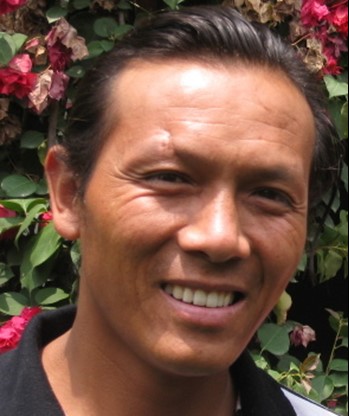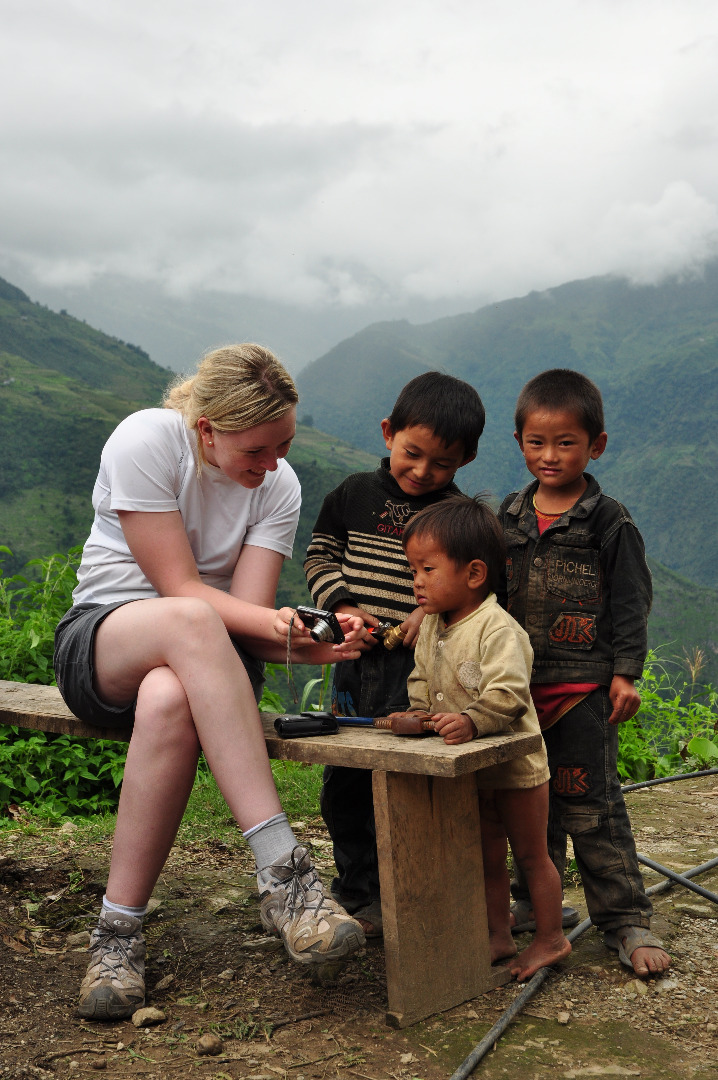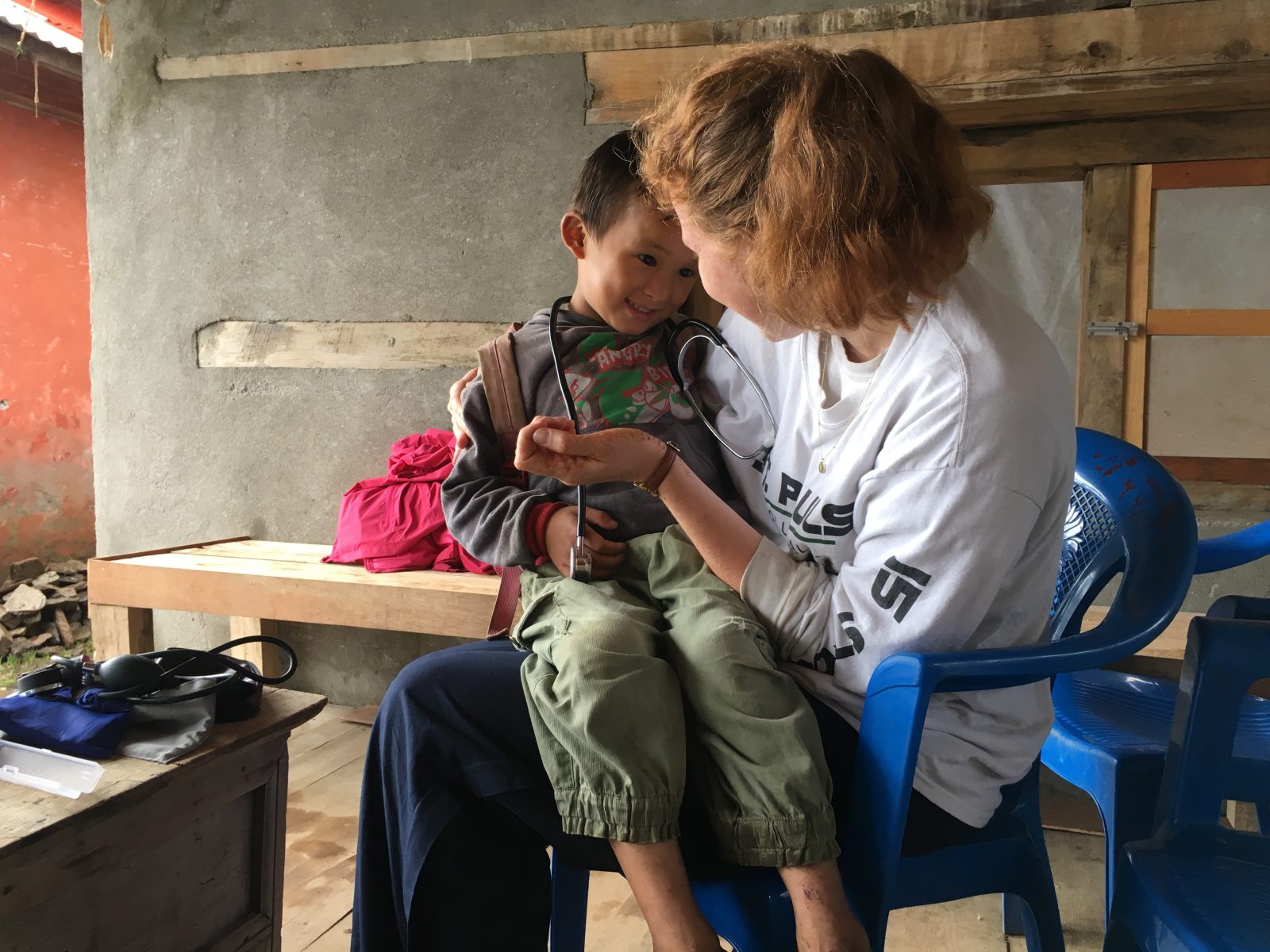
Nepal Medical Camp
Our Nepalese Medical Camp involves travel into the breath-taking Himalayan foothills to help set up and run a medical and dental clinic in two beautiful Nepali villages. This trip is run by our charity, Moving Mountains, and offers a unique and fascinating insight into rural healthcare and it has been running now for many years. Many people opt to link this trip with further travelling in Nepal or further afield in south east Asia.
Overview
We have been running free community medical camps since 2010 and they have formed the backbone of a very successful health programme in the villages which have been well documented by previous students and has helped our charity to develop and fund the running of a rural community health clinic in Bumburi village. We employ Nepalese doctors and dentists to supervise and support volunteer medical and dentistry students from the UK. Read comprehensive reports from the 2016 Medical Camp, 2017 Medical Camp and the 2018 Medical Camp which include testimonials from previous students and reviews from the Nepalese Medical staff.
There are more photo’s and further information about the Nepal Medical Camp available on the dedicated website for students from Bristol University (you don’t have to be a Bristol University student to access this website).
The clinics attract people from miles around, many of whom have walked for hours or even days to reach the clinic. In previous years we have seen well over 1,000 people in 10 days. Throughout these camps we aim to see as many patients as possible, and provide free medical and dental attention, treatment and advice. We also aim to collect medical data to help gain a better understanding of the most common health issues in the area – this has helped Moving Mountains to tailor our work in the area by providing effective and sustainable health related projects (like our water project or the eco-friendly cooking stoves); which was always the long term aim.
We also aim to provide some basic medical education to the local people, such as basic first aid skills, oral hygiene education and other primary healthcare advice. The trip is suitable for undergraduates studying medicine and dentistry but also for anyone interested in community health in a region like this. It has clear career benefits but we would like to think this is not the primary motive for coming, the prime incentive is to help create a proper medical support network which has a reach of thousands of people, something that became visibly apparent during the aftermath of the earthquake in May 2015.
The fundraising for this trip pays for the Nepalese staff and the medical supplies used, and also the running of a community health clinic and salaries for the full-time medical staff who offer frontline health facilities for local people and referrals to the main clinic in Saleri or Kathmandu for more difficult cases. It also covers your land costs, as detailed under the ‘Costs’ section.
Medical Camp in Nepal Itinerary
The core dates cover a 19 day period, which starts with your arrival in Kathmandu. The second day is a rest, briefing and sightseeing day. We transfer up into the mountains on day 3, arriving in to the villages on the afternoon of day 5. We then live, work and experience the local way of life and undertake the medical project in this stunningly beautiful part of the world up until day 15. We then head back to Phaplu (a 2 day walk) for our return to Kathmandu on day 18.
Arrive in Kathmandu on day 1 for some R&R, the second day in Kathmandu gives a bit more time to acclimatise and prepare for the project, explore the city and visit local temples. Airport transfers, accommodation and meals in Kathmandu are not included in the cost as many people arrive overland from India and book in to various standards of accommodation in the city, however we can help with airport transfers and accommodation and food at our Adventure Alternative guest house in Kathmandu (this is where the trip briefing and preparation happens on day 2) and the cost for these extra’s can be paid directly to our staff in Nepal, if needed.
Early start for a jeep transfer through the lowland valleys towards Saleri (the district headquarters of the Solukhumbu region) and on to the mountain village of Phaplu (long but adventurous drive with some great views along the way to give you a feel for the trek ahead) for overnight.
Start trek towards Taksindu / Ringmo where you will have fantastic views of the high Himalayan mountains. This trek is up and down through the green countryside, staying in lodges in villages on the way. The days are about 5 or 6 hours long, and will begin at about 8:30, after breakfast. The trek will be at a relaxed pace, and there is plenty of time to stop and meet people, take photos, have long lunches and enjoy this amazing region called the Solukhumbu. Altitude sickness is extremely unlikely to be an issue, since Bumburi is at an approximate height of 2,300m and throughout the trek you will be very well looked after by the Sherpas.
Continue trek, passing through many villages and getting up close with the culture in this incredible area which is immersed in the peaceful world of Tibetan Buddhism, and framed by the majestic Himalayas, arriving in the village of Bupsa in the afternoon, where the first half of the medical camp will be held.
Medical Camp in Bupsa and Bumburi. Our time will be split between the two villages and the camp/clinics will start on day 6 and finish on day 15. In the evening of day 15 there will be a local celebration performed by the local Sherpa community who will want to thank you for your effort and time over the previous 10 days.
On day 16 we will bid farewell to our hosts and leave the villages to trek back through the valleys towards Ringmo/Taksindu La. Then on day 17 we continue our trek to Phaplu for our final night in the mountains.
Jeep transfer back to Kathmandu where accommodation and / or food can be provided at our Adventure Alternative guest house in Kathmandu, the cost for these extra’s can be paid directly to our staff in Nepal, if needed.
Either continue with your stay in Nepal or onward travel (home or elsewhere). In Nepal you can relax and visit the temples and sacred sites in this eclectic capital. We can help you with any optional add ons at this stage, such as exploring the Kathmandu valley, riding Elephants in Chitwan National Park or discovering more of Nepal.
The return jeep transfer from Kathmandu to the mountain village of Phaplu is long (estimated 10 hours each way) but stunning and it helps to avoid lost days waiting for delayed flights in and out of the mountains. 1000’s of people are left stranded at airports in the mountains every year, particularly in the months of June, July and August when visibility can be poor and flights cancelled regularly without warning.
On the trek you will be staying in tea houses and lodges and in Bumburi village you will be staying in local houses where you will be extremely well looked after by your Sherpa hosts! The accommodation is not western hotel standard, but it is comfortable. You will have a bed and a mattress, these are traditional buildings which are very much in keeping with the environment and the Sherpas have been perfecting their way of life for hundreds of years.
Food is of a good quality, plentiful and will be mainly local foods such as dal bhat (lentil stew with rice and curried potatoes or meat), boiled potatoes with chilli sauce, Sherpa stew (meat, potatoes, vegetables in a rich sauce) or curry with rice. These are the staple foods for Sherpa people. Bottled water is for sale on the trek to the villages but we do not recommend the purchase of plastic bottles which are environmentally unsound. The best option is to ask for boiled water from the kitchen to fill your water bottle in the evening, and use water purification tablets, or an AquaPure traveller water bottle during the day. Please note that cheap Nalgene water bottles bought in Nepal are fake and they split! So remember to bring a suitable bottle from home. River water is generally full of glacial silt and could possibly be contaminated with animal urine and the run-off from toilets, so do not drink this.
There will be electricity in the lodges while you are trekking and while you are in the villages. You must bring a two pin round plug adaptor though. The output is usually 110V. Power comes from a solar panel which is stepped up, or from hydro-electric power. Electrical charging in the villages is free, however there will be a charge for this in the lodges on your trek.
Ready for an Adventure of a Lifetime?
Choose a scheduled date or contact us to set up private dates or a bespoke itinerary. The minimum deposit is £100.00 and the balance is due four weeks before travel.
Fixed Itineraries
No upcoming trips found.
Private Itineraries
Our Medical Camp in Nepal Experts
Pasang Tendi Sherpa is one of the company directors in Nepal and a mountain leader. He has been working with Adventure Alternative since 2005 and has made three climbs of Mount Everest with Gavin.
He lives in New York with his wife Sarasoti and their two children Jubilee and Elli Dolma, and he travels to Nepal during the trekking seasons and helps manage the company and run some treks and climbs.
He has had plenty of experience managing expedition and...
Nepal Medical Camp Minimum Fundraising Target £1,395.00
Our Medical Camps in Nepal are Moving Mountains events and paid by fundraising. Participants can make use of fundraising sites like BT MyDonate which automatically add gift aid to donations from UK tax payers, and any gift aid raised through BT MyDonate can be put towards your fundraising target. So for example, if you raised £1,000 and it was all donated through BT MyDonate by UK tax payers then a further £250 is added automatically, helping you reach your target.
All funds will go towards the following;
INCLUDES
- All the medication / medical equipment required for the camp and it’s transportation to the location of the Medical Camp
- Qualified local doctors, dentists, pharmacists and medical staff salaries and their food, accommodation and any travel required
- Medical Camp planning, local promotion and staffing
- Participants return jeep transfers from Kathmandu to Saleri or Paphlu
- Accommodation in the mountains, in local lodges and home-stays in Bumburi and Bupsa (twin rooms / mini-dorms with beds and mattresses)
- Three meals per day with hot drinks provided by our cooks
- Local guides (English speaking, professional, experienced and trained in first aid)
- Staff food, insurance, accommodation and equipment
EXCLUDES
- International flights or travel to Kathmandu
- Visa, vaccinations / personal medication required and personal travel insurance
- Accommodation in Kathmandu on the 1st, 2nd and 18th night of the itinerary
- Airport transfers and meals in Kathmandu (we can help provide these and you can pay directly in Nepal)
- Porters to carry your kit (a porter will carry up to 25 Kg so you can share the cost of carrying your kit between 1 or 2 other people)
- Personal costs like laundry, hot showers, beer/soft drinks in the mountains, snacks, etc (~£100)
- Any tourist / extra activities in Kathmandu
Fundraising
One of the easier ways to raise the funds is by setting up a BT MyDonate fundraising page and linking it to our Medical Camps events page.
Full details of how to do this can be found at ‘Support Moving Mountains’; gift aid collected through your BT MyDonate page from UK tax payers can go towards your fundraising target, so for example, if you receive donations of £1,000 on MyDonate from UK tax payers that automatically adds an extra £250 to your fundraising total.
All of our International Development Projects have been identified, researched, assessed, priced and approved by our charity, Moving Mountains. All people going on this trip receive a clear breakdown of the projected outcomes and expenditure of the money which has been raised. Some of it is spent on the camp itself – medical supplies, Nepalese medical staff, etc – and some of it goes on the long term sustainable projects that Moving Mountains Nepal are involved with. Another part of the cost goes towards your personal trip costs on the ground in Nepal.
Local Providers
Our local provider is Adventure Alternative Nepal. Adventure Alternative Nepal complies with UK tourism standards and will make all the necessary arrangements in advance to advertise the Medical Camp. They will also work with Moving Mountains Nepal with regards organisation of group stays, medical supplies and local Doctors and Dentists, meetings with local committees, communications between the UK office and Nepal, etc.
Medical Camp in Nepal — History
This scheme is part of a wider ongoing initiative to improve the quality of life of people in the lower Khumbu region of rural Nepal. The village regeneration project is the implementation of a long-term development plan focussed around two rural villages. Overall enhancement of quality of life and sustainability of the community has so far been achieved via investment in infrastructure, education and healthcare as well as training and reliable employment.
The following is the 2016 and 2017 Medical Camp reports, there is also feedback in both from the students who took part, some of whom were only in Nepal for the Camp and others who did their Elective in Kathmandu before joining it. At the very least you’ll get a better understanding of the typical medical issues that are faced in rural Nepal;
Nepal Medical Camp 2016 – Final Report
Nepal Medical Camp 2017 – Final Report
Aside from the more obvious physical and material elements, one of the main achievements of the project has been the rejuvenation of a community that was in serious decline and plagued by emigration to the lowlands and Maoist related violence. Through improvements in sanitation, schooling, employment and future prospects the communities have again begun to be an attractive proposition for life-long habitation.
The sustained close links of both Moving Mountains and Adventure Alternative to the area has provided locals with a reliable and ethical source of employment and training. Throughout the course of many years, Adventure Alternative has been running Mount Everest expeditions and Everest base camp treks. These have brought in charitable donations and also a reliable revenue stream. Many of the local Sherpa people have been employed to staff these trips as guides, porters and logistical organisers. In so-doing they have gained invaluable skills and experience.
A number of local Sherpas have now summitted Mt Everest with Adventure Alternative. This is an achievement that is held in huge esteem by the Sherpa community, helping to further raise the profile of their home villages as successful and thriving communities.
So far the physical achievements of the Moving Mountains projects include;
- Design, building, installation and commissioning of 6kw hydro-electric plant in Bumburi
- Electrical connection of all Bumburi homes to the hydro-electric plant
- Installation of hydro-mechanical milling machinery at the hydro plant in Bumburi
- Complete re-development of Bupsa school
- Complete re-development of Bumburi school
- Building of improved toilet facilities and water tap at Bumburi school
- Renovation of Bupsa Buddhist monastery
- Renovation of Bumburi monastery
- Provision of improved cooking stoves in all homes in Bumburi
- Provision of clean running water to all homes in Bumburi
- Construction and management of our Bumburi Health Clinic
Other initiatives include
- Annual medical camps in Bupsa and Bumburi providing free medical consultation and medication.
- Funding of teachers salaries in each of the two village schools
- Sponsorship of local children to go on to higher education in Kathmandu
- Training and employment of local villagers to run and maintain the hydro-plant
- Establishing community cooperative programmes for wealth generation
Medical Camp in Nepal — Principles
Inclusive and relevant
Our medical camps are open to anybody, and there is a clear understanding that any community event like this can only exist if there is a need that is identified by the local people in the villages.
We have an equal opportunities policy and strict policies regarding child protection, and we are founding members of Fair Trade Volunteering movement.
We ensure that the emphasis on personal development and international development is balanced, and that this medical camp is always part of a long term aim which has been properly evidenced.
Training and preparation
Our support includes preparation from dedicated staff in the UK, which ensures that your time with us is productive and enjoyable and effective. Our staff are experienced in managing volunteer expectations, and have a background in development.
Development impact
Every camp aims to achieve some kind of development impact which has been developed in partnership with a credible partner, in our case Moving Mountains which has nearly 20 years of experience in supporting social welfare, education and health in developing countries.
We analyse the processes of change that occur so that there is clear evidence for the need of events like this, and we use impact assessment ‘maps’ to try and define the developmental process.
We communicate with all relevant stakeholders and ensure that the placements are collectively agreed, for example with regional administrations and village development committees in the Solukhumbu region.
Integrating with the community
The living arrangements for placements ensures that volunteers develop a real insight into the lives of the community, which includes trekking through local villages, experiencing Tibetan Buddhism, cooking local recipes and using community facilities like Medical Clinic in Bumburi and the schools which we’ve developed.
Long term commitment
During the trip there is always opportunity to meet with experienced staff who can help with evaluations and reflection, helping to build on the skills and knowledge and experience being gained. One of the biggest aims of the programme is to encourage people to engage in society on their return and take part in many incentives to promote global healthcare solutions.
Role Model at the Medical Camp in Nepal
Without doubt you will witness the strong links between Adventure Alternative and Moving Mountains in the communities that you are placed. As such, you will be an ambassador for both Adventure Alternative and Moving Mountains and there will be many young people looking up to you as a role model.
You will not be expected to be a visiting Doctor who sees patients although sometimes of course misunderstanding occurs, we recommend you discuss clearly with the supervisor what you can and can’t do, and also make it clear to patients that they are being seen by a student and not a qualified Doctor. Read our paper on Ethics of a Medical Elective to see more. This takes communication and an ethical attitude from us to make sure your time in-country is not misused.
The promise to Moving Mountains
Adventure Alternative works with the Moving Mountains Trust which operates NGOs in Kenya and Nepal and carries out many long term projects and programmes.
‘MM’ was started by Gavin Bate during many years working in aid work and development, and ‘AA’ is the company that provides revenue and investment for many of them to become financially self-sufficient.
This relationship between company and charity began in 1991 and our medical programme has sprung from the relationships we have with the medical authorities and the communities which you will visit.
We run long term ongoing medical programmes through Moving Mountains, and also at the request of local communities and hospitals. We have worked with medical authorities in many locations to ensure ongoing continuity as well as medical co-operation with other aspects of our work, for example the eco-stoves that we’re installing and the clean water supply that we’re providing, and the clinic we’ve built to provide quality healthcare in this rural part of the world.
Experience Needed
For this trip you don’t need to be a fully qualified physician, the programme is designed so that you are giving a valuable service but also gaining fantastic experience. At the same time it is allowing you to interact with local Nepalese Doctors, Dentists and Pharmacists who can show you specific applications tailored to the local needs. We are not expecting you to be experts in any specific or even related fields, but we will expect you to come back with a great deal of knowledge at the end of it.
The most important characteristics you need are openness, willingness to learn and take part, enthusiasm, initiative and a sense of curiosity. Your experience simply as a person from another culture will give you an enormous amount to share with local people who perhaps have less opportunities than you. The trip can be emotional, and you will meet people whose lives seem almost impossible to live, but your interaction with them will help in ways you can’t measure.
Adventure Alternative Support
We run our trips from a permanently staffed office in Kathmandu and our local team provide an excellent service. They know how to deal with medical emergencies and speak good English. They are very attentive and after so many years have a good understanding of western needs. The Moving Mountains and Adventure Alternative staff and the local community will cater for all the group needs. All accommodation in the mountains is in home-stays, lodges or teahouses which are well equipped, warm and sociable.
Read about both our Medical Camps in Nepal and Kenya to choose which camp suits your expectations. If you plan to also trek whilst there you will also find various Blogs about treks in Nepal and also the ‘More Information’ section, both have tabs on this page and will answer every question you may have! We also have a lot of useful information on our Nepal Preparation page.
Key Information & Guides
General Nepal Information
Health and Safety Guides
Preparation & Kit Guides
Book Your Adventure of a Lifetime Now
Discover our trips to other Countries
Other Trips You May Enjoy
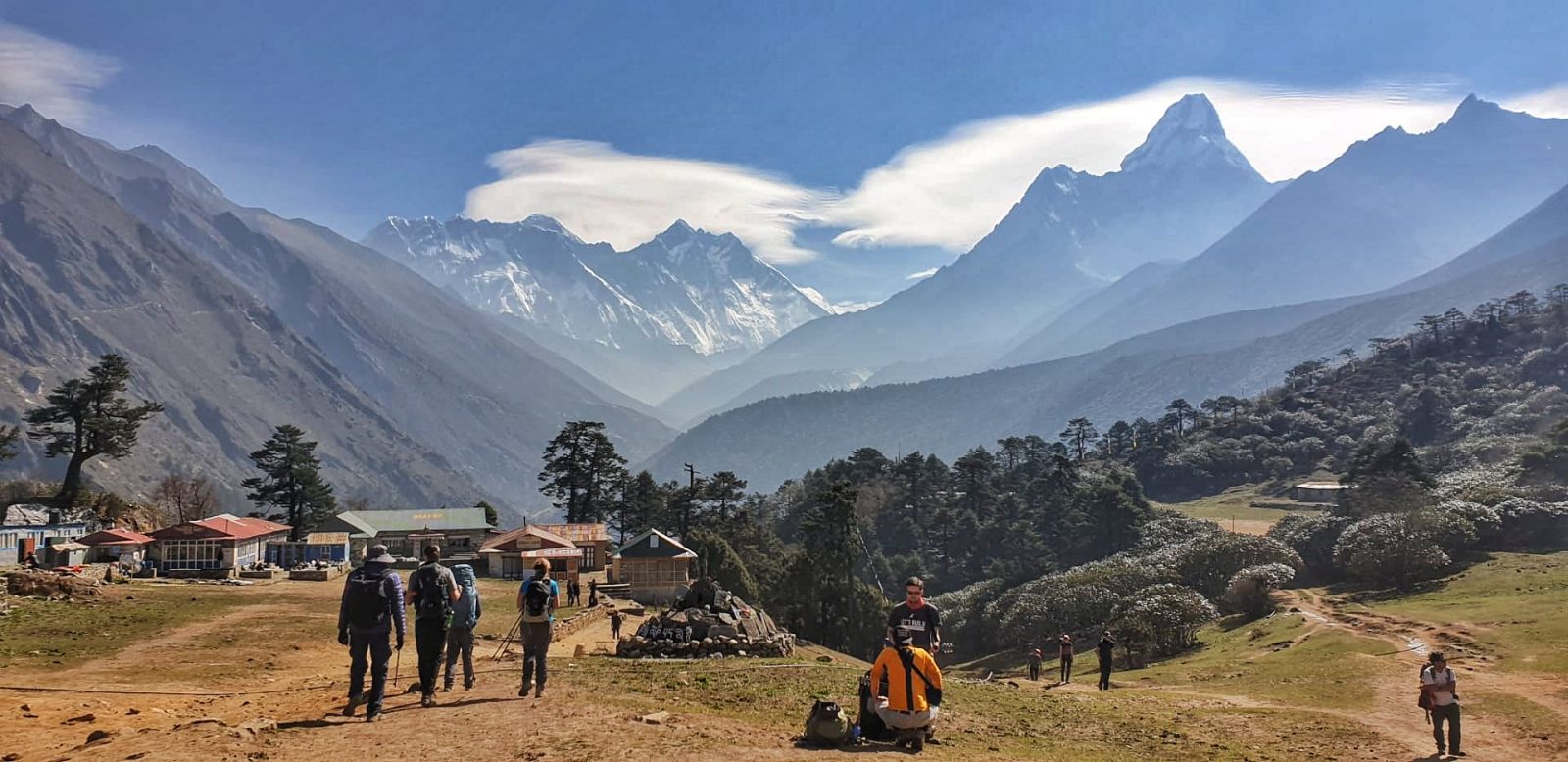
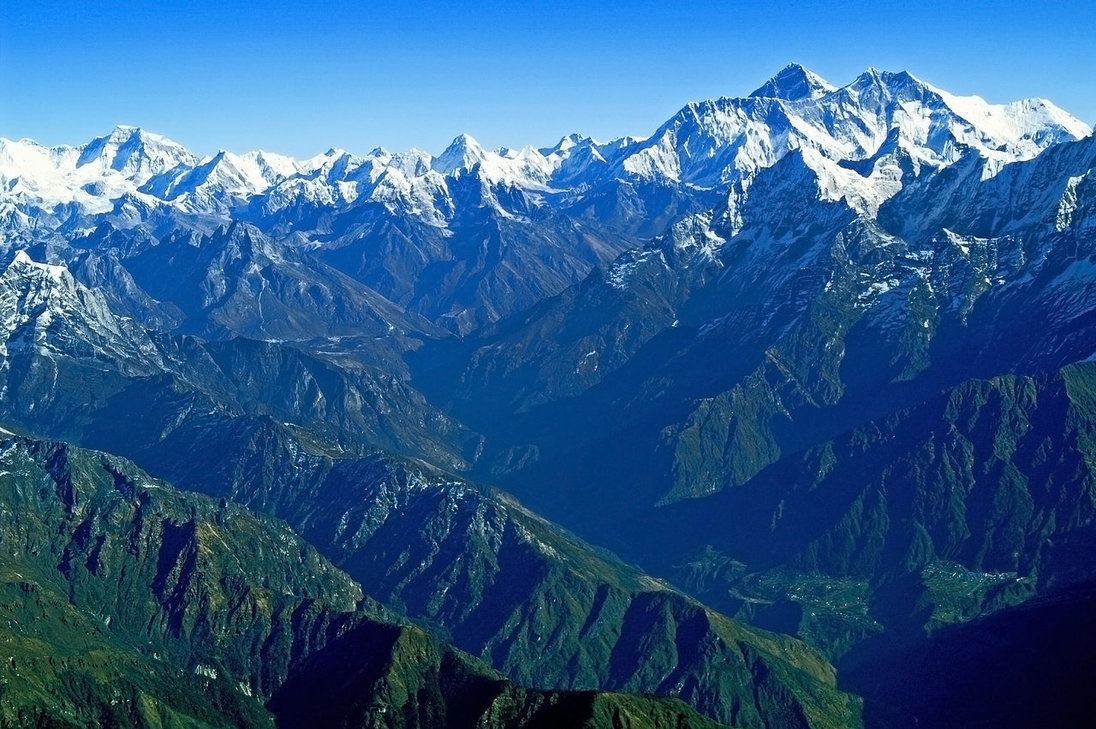
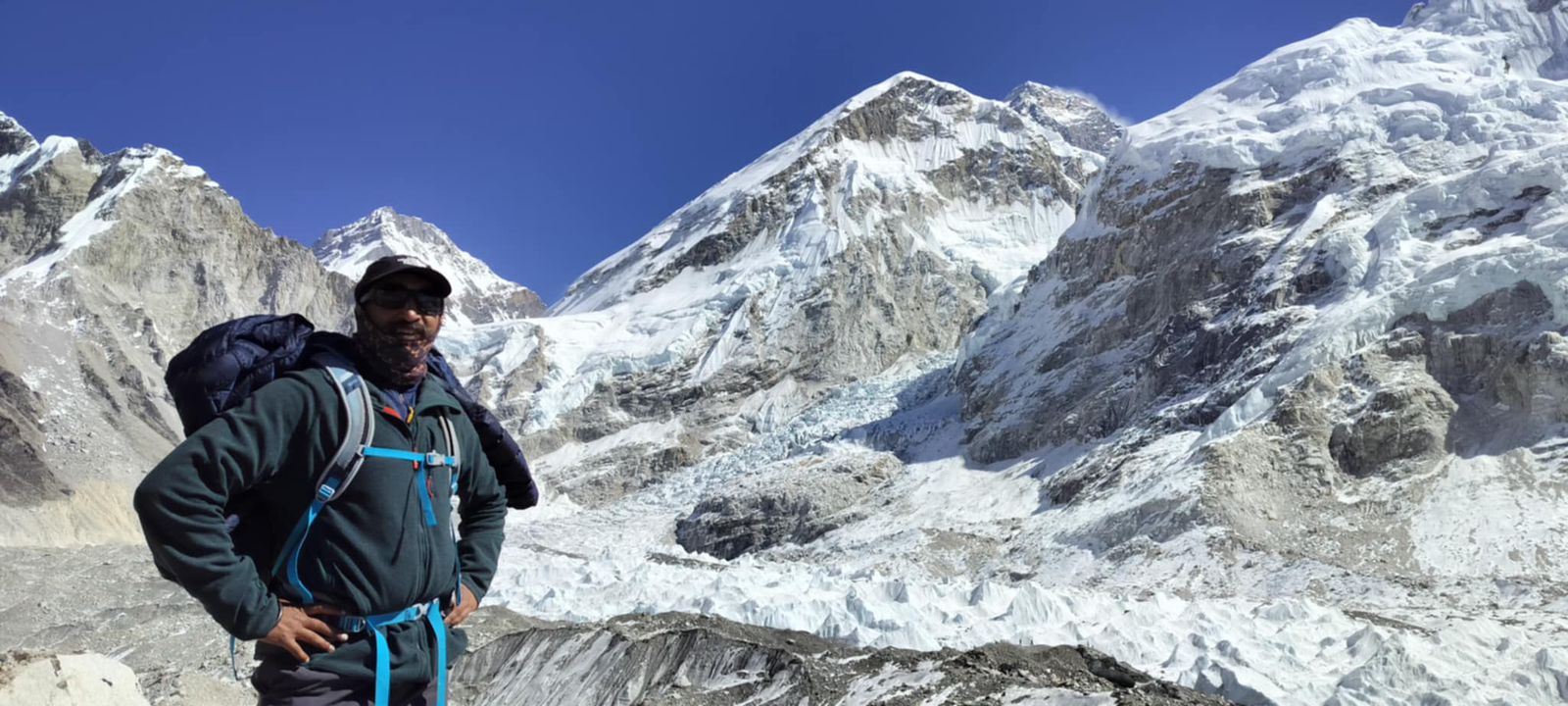
Our Nepal Posts
We’re dedicated to helping you make the most of your next adventure trekking holiday. That’s why we’ve created our travel blog full of in-depth trekking guides, travel inspiration and other fantastic information. Having done all of these climbs many times already, we want to pass on our wealth of trekking wisdom to you.
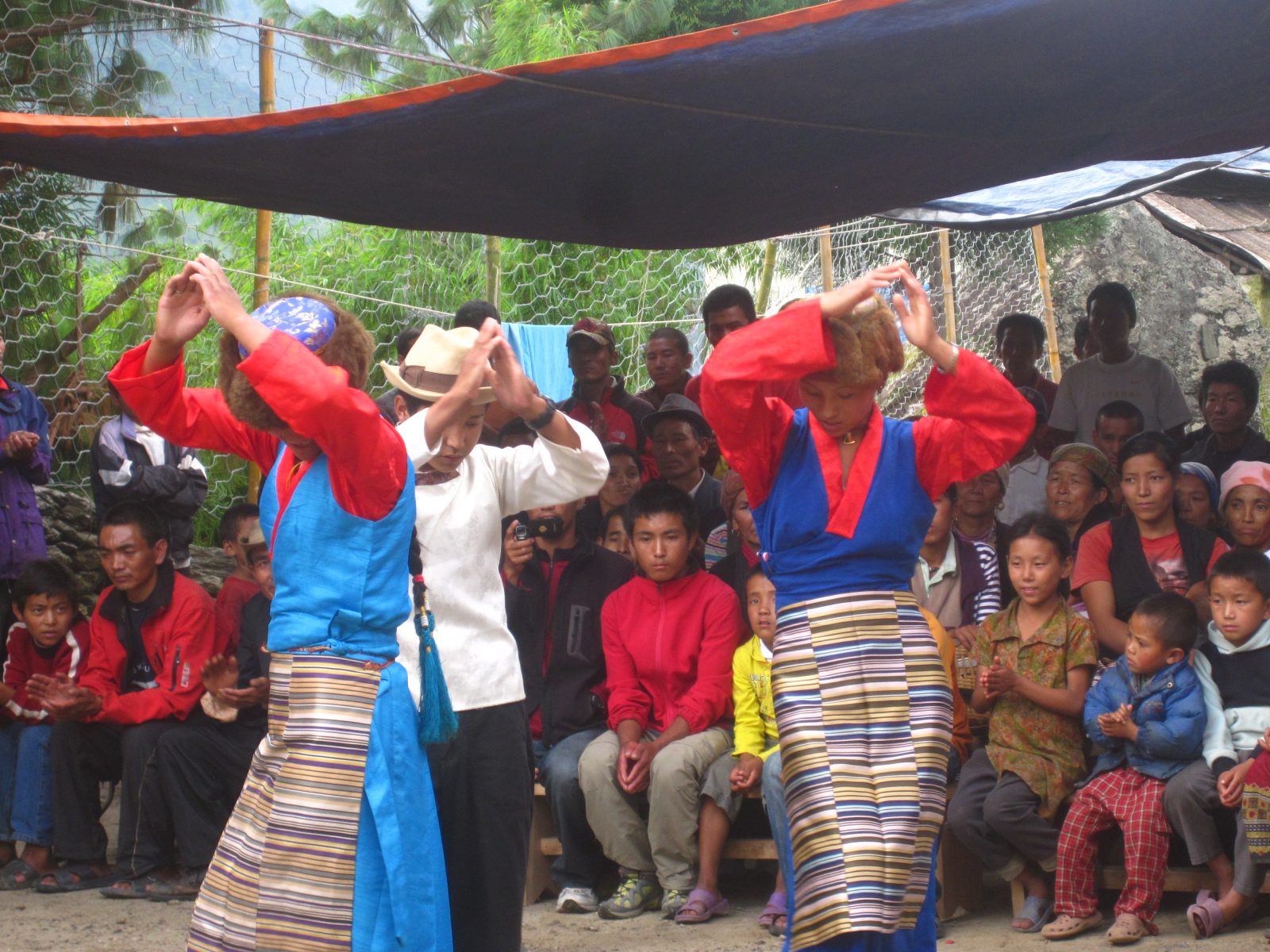
Happy New Year Nepal!
Although our calendar, the Gregorian calendar, is recognised in Nepal they also have others which are also used so it's currently the...
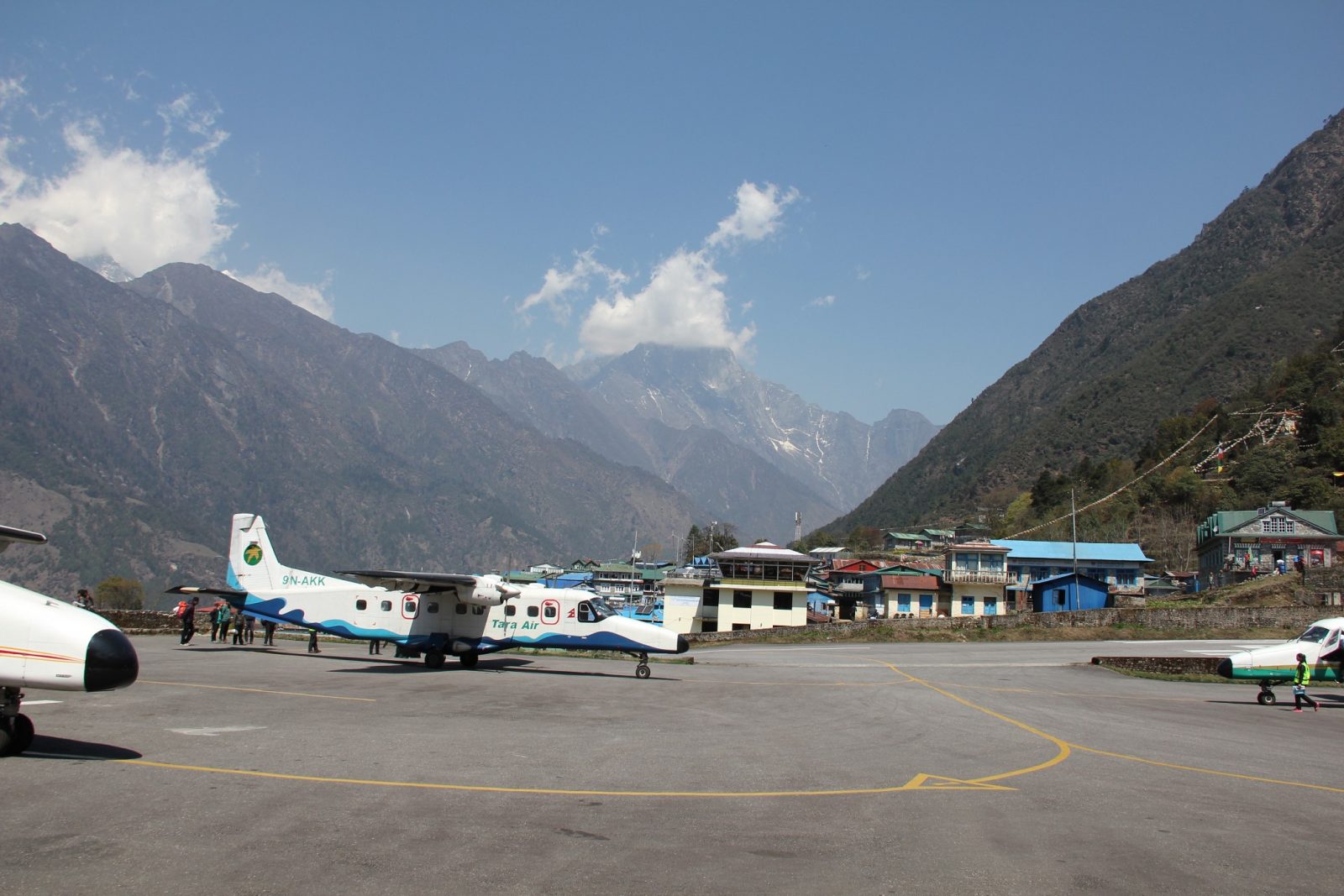
The Road to Everest
It used to be that the quickest way to get to Everest Base Camp was to fly into Lukla airport. Now all that is about to change with the building of...
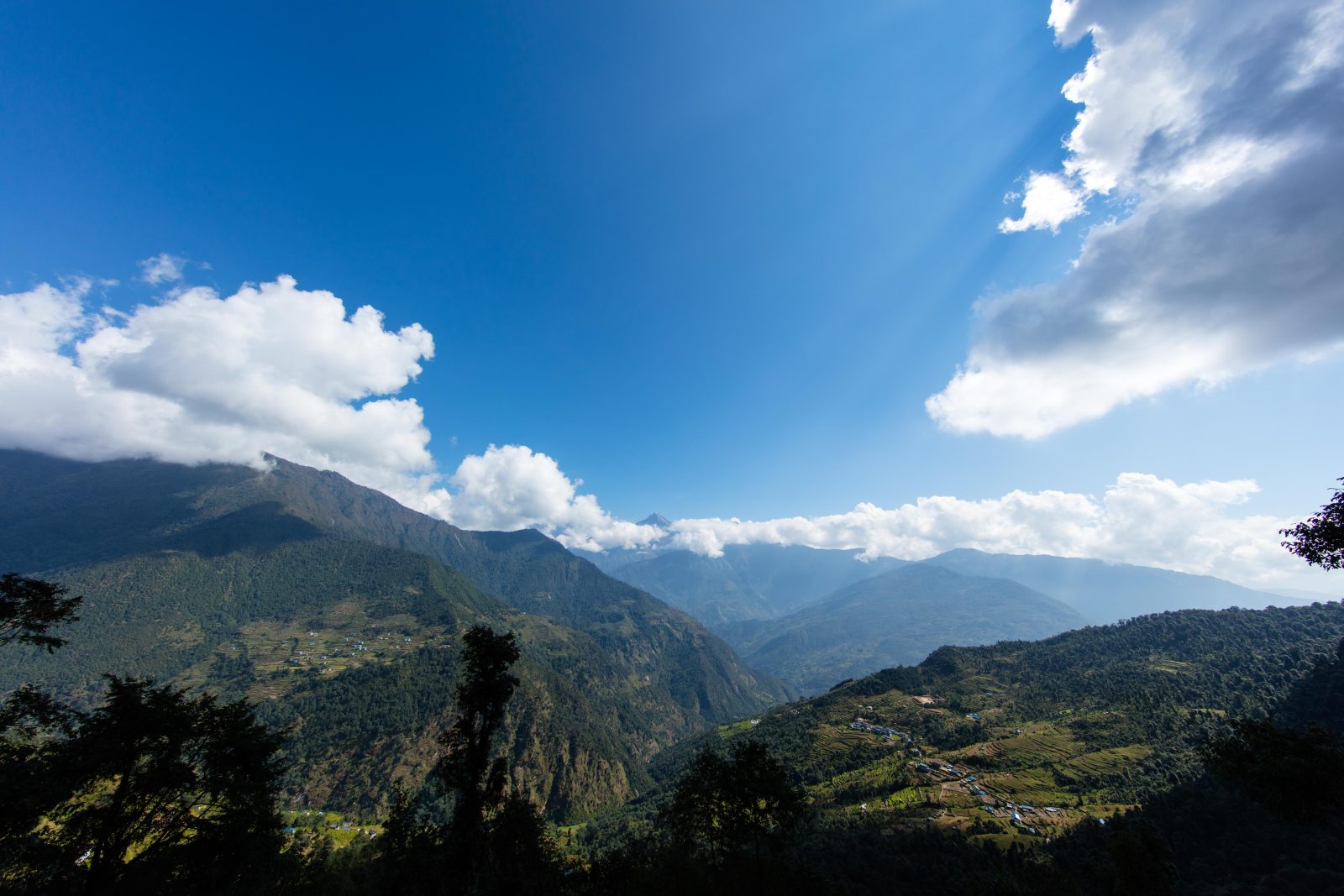
Trekking With Children in Nepal
There are no rules or laws that restrict children trekking in Nepal and it is the perfect place to combine stunning scenery with an incredible...
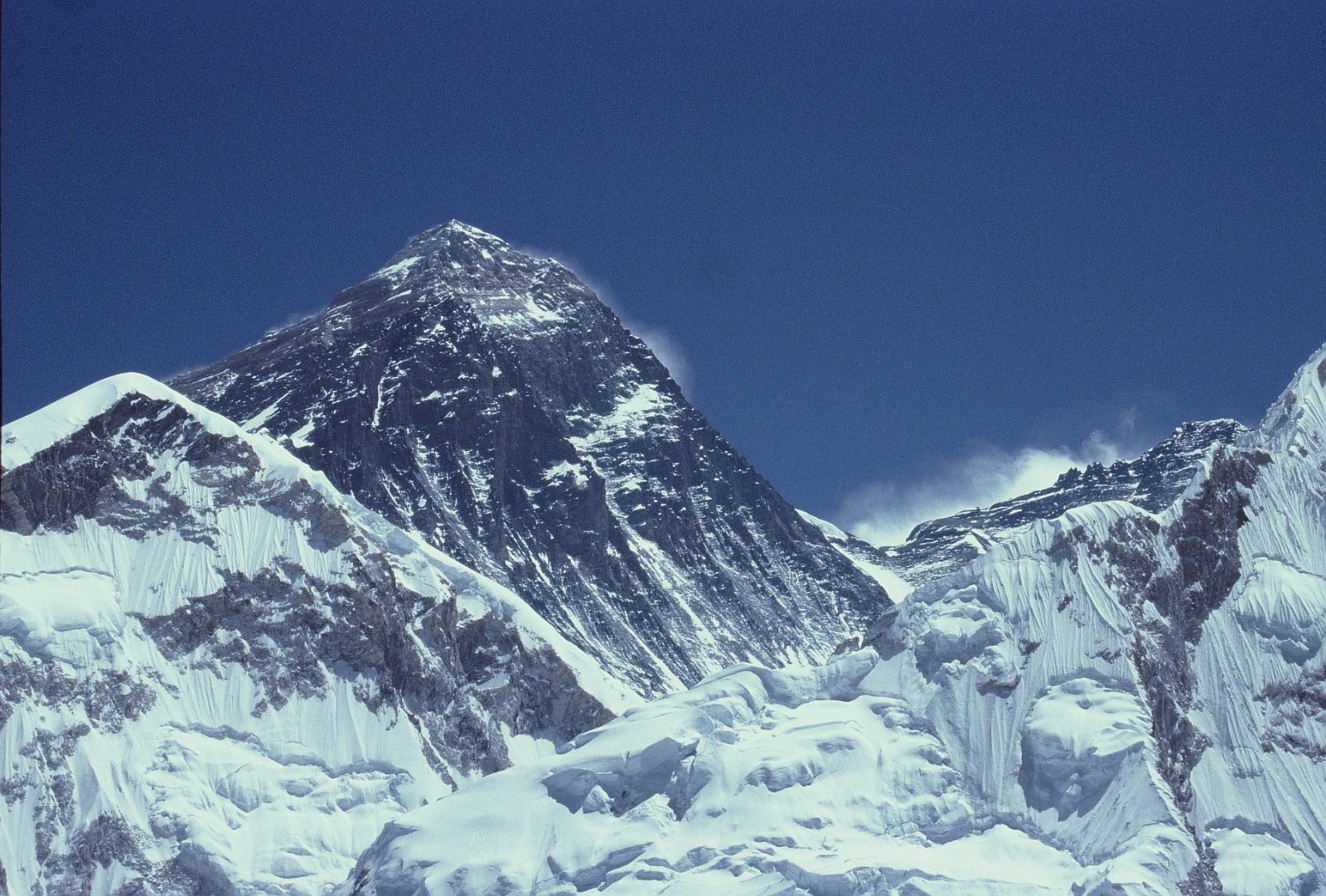
Faking Mount Everest?
An interesting story has come about towards the end of this years season on Mount Everest concerning the claim from an Indian climber that his...

How Hard is it to Trek to Everest Base camp?
A trek to Everest base camp is a very realistic opportunity for most people who enjoy the outdoors and have a good level of fitness and...
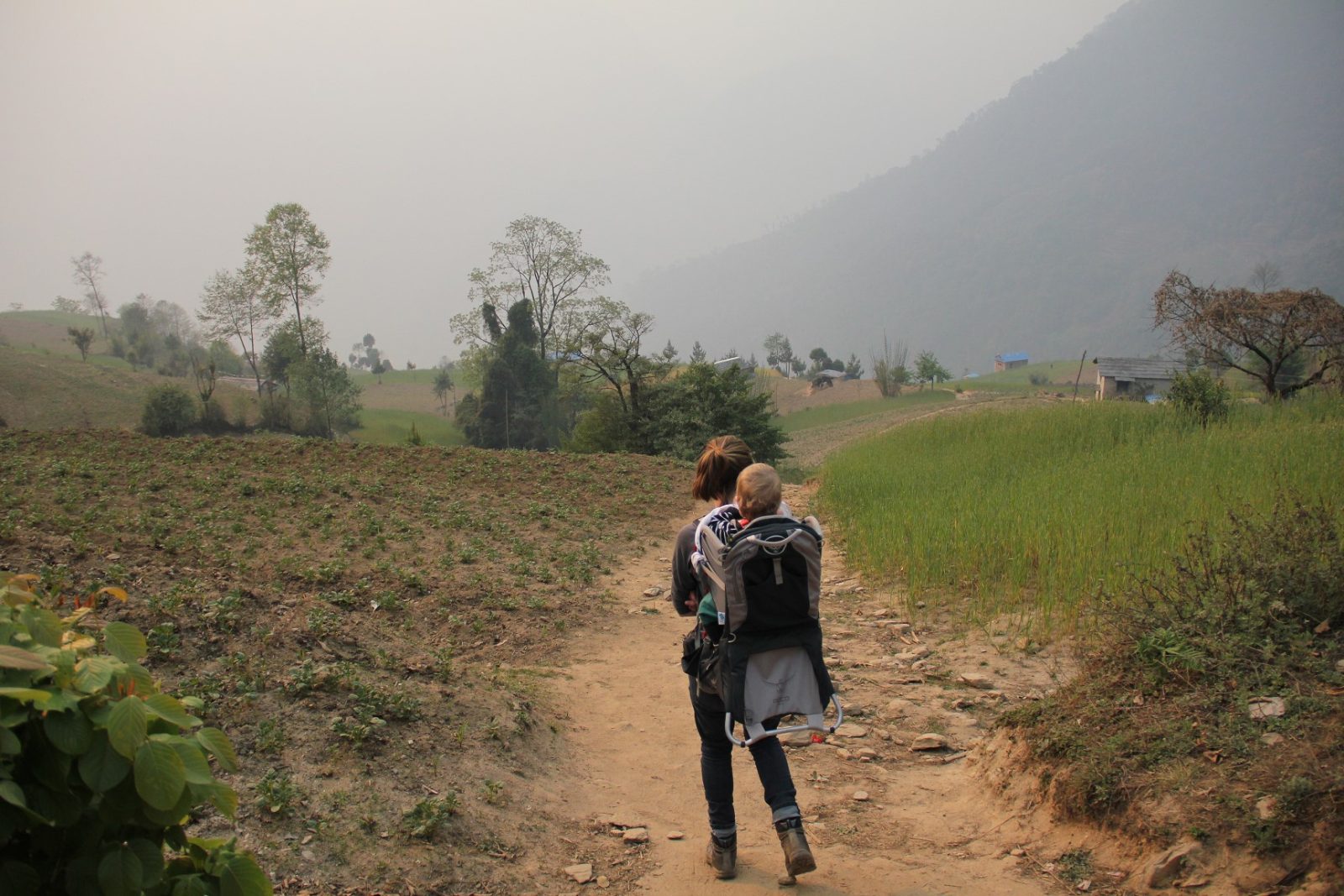
Trekking With Young Children in Nepal
I remember a friend saying he was looking forward to when his children were six or seven years old so that they could go travelling as a family to...

